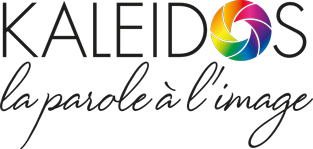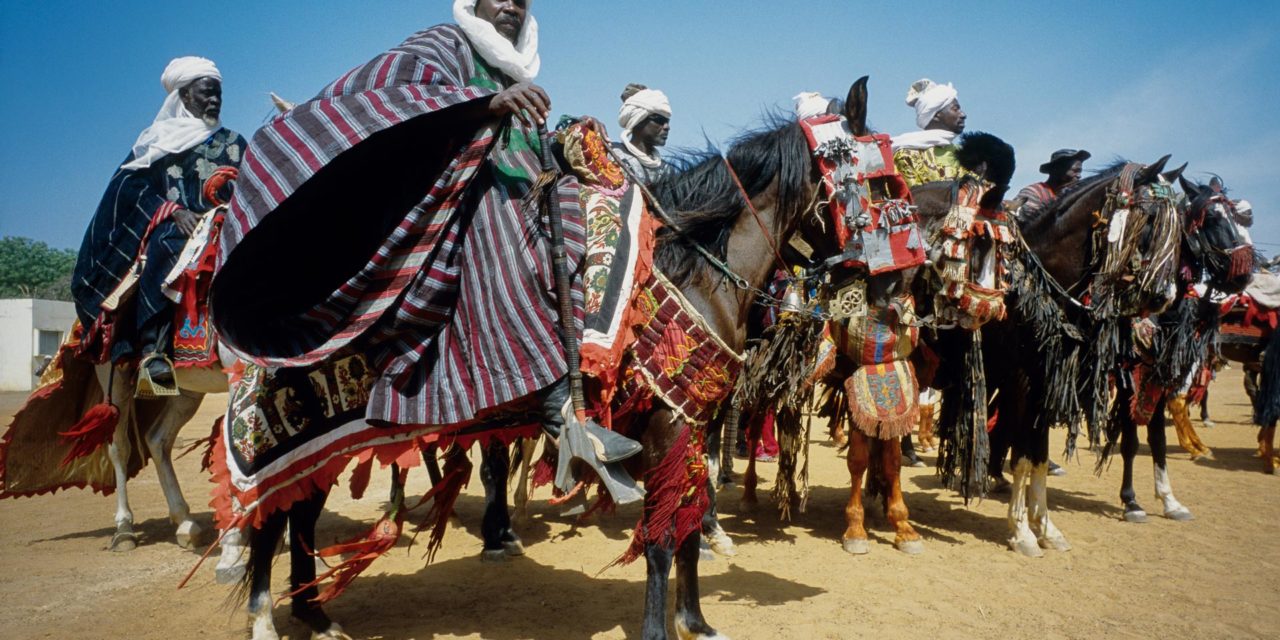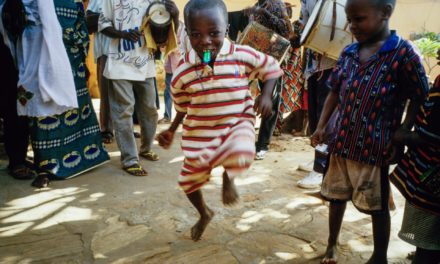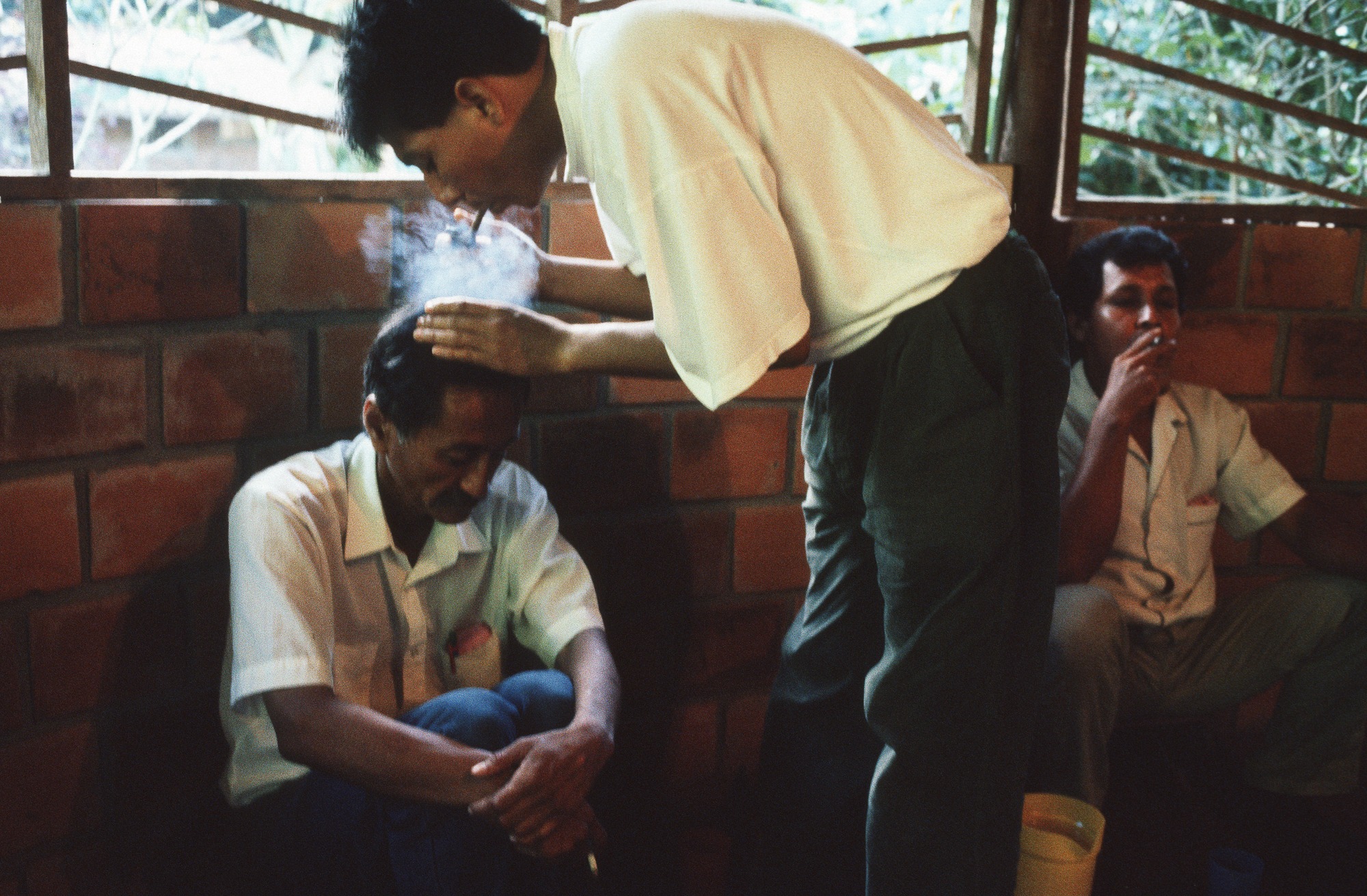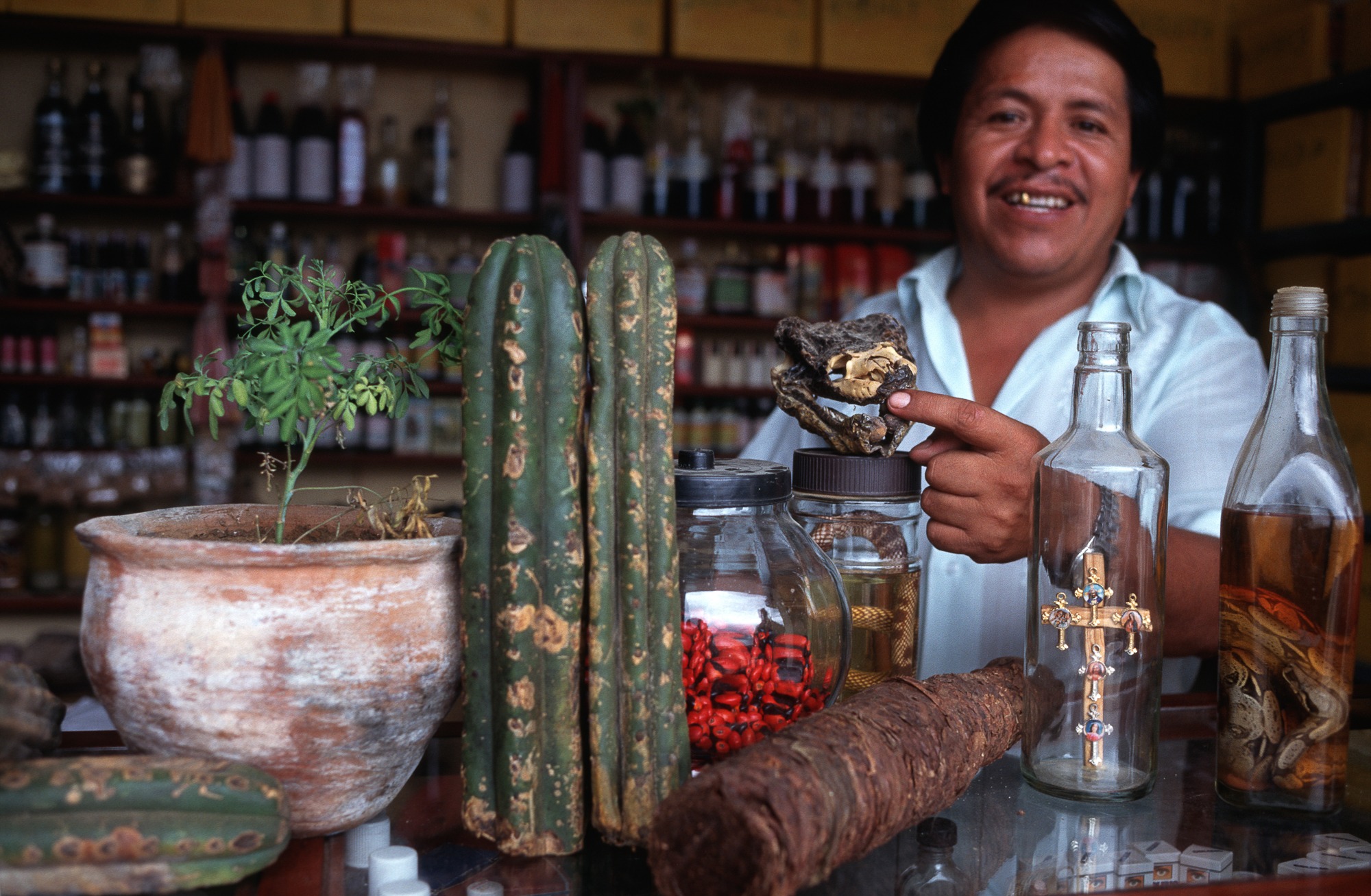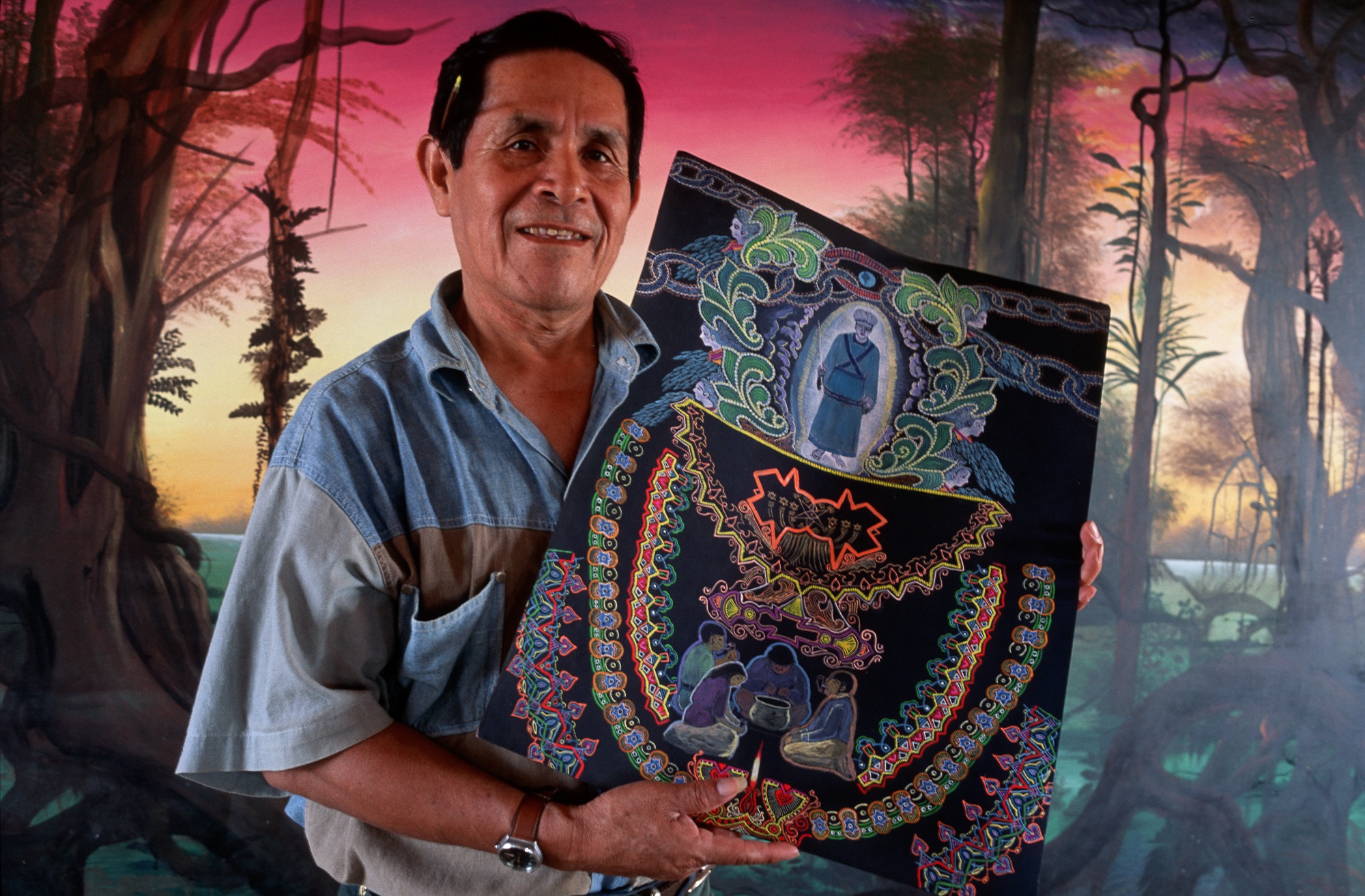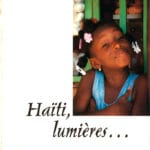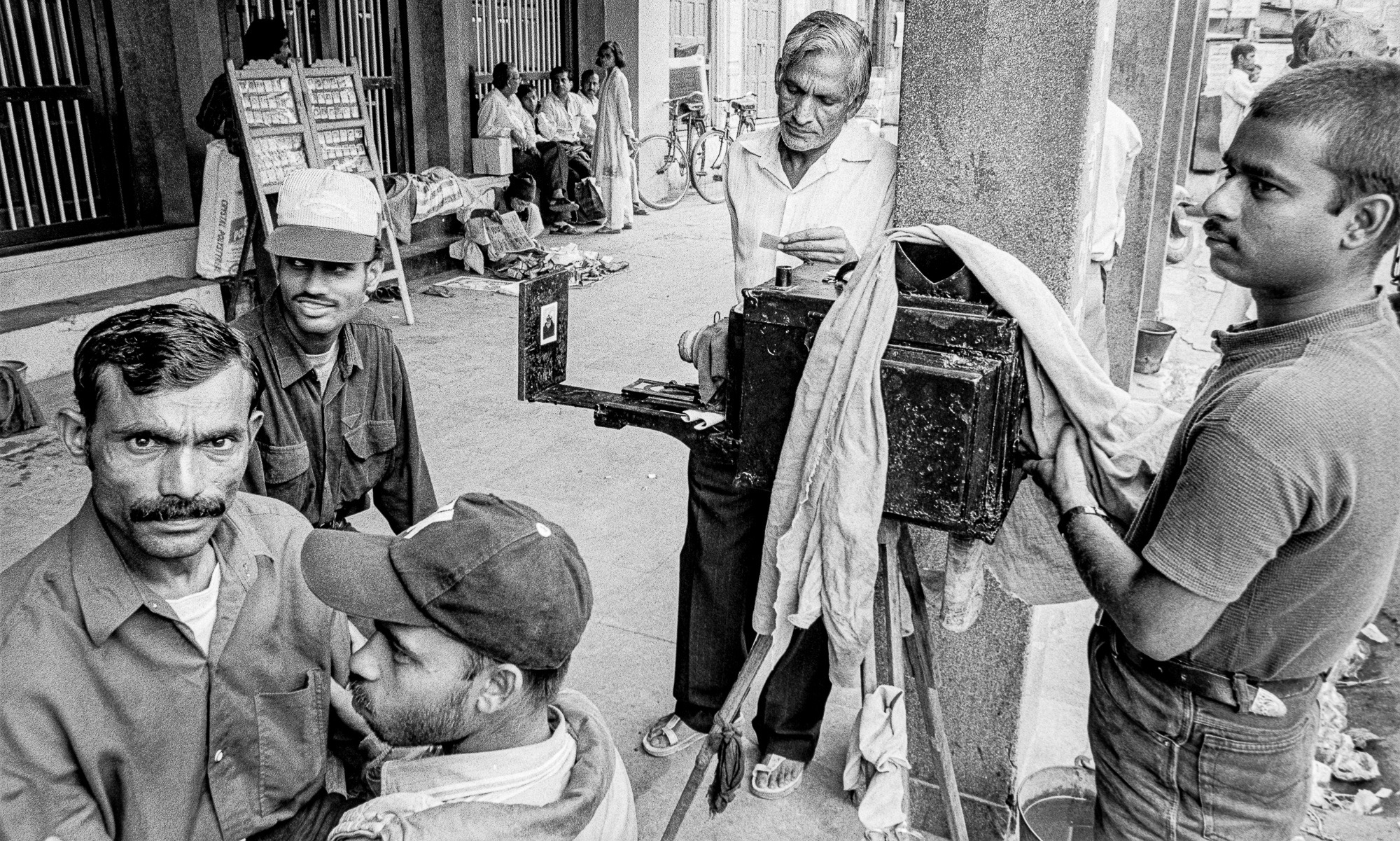The horsemen of Djougou
They are traders in exotic products, company directors, schoolteachers and truck drivers. They’re all different, yet they share a common passion: Arabian horses. We are in Djougou, a small crossroads town in northwest Benin, forty kilometers from the Togo border and four hundred kilometers from Cotonou, Benin’s economic capital.
Legend has it that pagan Arab tribes fled Mecca when it was Islamized. They crossed Egypt, Ethiopia, Somalia, Sudan, Nigeria… In Benin, they established their kingdom in the central Nikki region.
They are commonly known as “Bariba”, which means “many horses” in Dendi, a dialect of Niger. Islam caught up with them and today they are Muslims, Christians and animists. They have kept their passion for the Arabian horse. For them, the horse is part of their family, their tradition and even their identity.
There is no horse breeding in Benin; stallions are bought in Niger…
When there’s a festival, the riders organize a Gaani. There is at least one big Gaani a year: on the Prophet Mohammed’s birthday. Gaanis are also held to mark the election of kings and other important events in the lives of horsemen.
Gaani, the word meaning joy or victory, is the African version of Morocco’s Fantasia. It’s a custom straight from Arabia. Riders and their richly adorned Dongola horses perform choreographed routines to the sound of tom-toms, while mock battles are played out, followed by cavalcades and dressage demonstrations.
Recently, the riders have organized themselves into an association: their president is the son of a former French President.
The photos presented in this report cover a wide range and focus on the integration of the horse into the daily lives of these men (there are no women riders yet), training, horse transport, Gaani, racing, etc….
Click here to see all the photos
Tarek Charara
Text and images © Tarek Charara/Kaleidos images.
All rights reserved.
Rachid Fousséni
Djougou, Benin. The Gaani festival. Rachidou, eight years old and youngest rider of Djougou, and his Fourdé. Dancing, bowing and drums.
The Gaani festival
Djougou, Benin. Gaani Festival. The Gaani will soon begin, the riders of Djougou and their horses will demonstrate their talents. The children let their joy burst forth.
Rachid Fousséni
Djougou, Benin. Gaani Festival: riders and their horses show their talents to an enthusiastic audience. Here, Rachid, eight years old and Djougou’s youngest rider, and his Fourdé. The horse makes a Viennese bow.
At the royal palace of Djougou
Djougou, Benin. Gaani Festival. In the entrance courtyard of the royal palace of Djougou. The people wait for the king to come out, some dance to the rhythm of the drums.
Creating the decorations
Djougou, Benin. Souleiman Gnora, prince of Djougou, makes – like all horsemen of Djougou – the accessories and decorations for his horse himself.
Talismans and lucky charms
Ouassa Pehunco, Benin. Moussa Atta displays his talismans and lucky charms in the living room. Every horseman has his personal talismans.
Surprise storm
Djougou, Benin. Gaani Festival. The crowd has gathered at Gaani Square and awaits the arrival of the king and the horsemen. The weather suddenly changes giving way to a storm.
The Gaani
Djougou, Benin. Gaani Festival. The troupes of dancers arrive in front of the royal palace for the Gaani festival.
The race
Djougou, Benin. Race day. The race is done in waves of four horses. The winner of each wave qualifies for the next race. Here just before the finish line.
Gallop
Djougou, Benin. Prince Moussa Atta is preparing to participate in the next Gaani with his horse, a Danda. Horses that have a light or white spot on their forehead are called “Danda”. Part of this preparation consists of galloping Danda who is ridden by Moussa Atta’s nephew.
The decorations for the horses
Djougou, Benin. The decorations for the horses are made by the riders and their wives with great care. Here, Rafiou Owoni-Fari and his wife display the decorations for their horse.
In front of the royal palace of Djougou
Djougou, Benin. Under the palaver tree in front of the royal palace of Djougou. The crowd has gathered and awaits the arrival of the horsemen and the king of Djougou. Street vendors offer drinks and snacks.
Gallop
Djougou. Benign. Rafiou Owoni-Fari’s Danda needs to work out before being washed. The horses are washed after a good gallop. Young riders ride them for this purpose. They ride bareback. As they gain experience, they will use saddles.
Creating the decorations
Djougou, Benin. Souleiman Gnora, prince of Djougou, tries on the decorations – which he made himself, on his horse, Fourdé.
The king and his court
Djougou, Benin. Gaani Festival. The king of Djougou, El Hadj Issifou Kpeitoni Koda VI, and his court are installed in the stands. The Gaani festival can begin.
Beyond the walls
Djougou, Benin. In front of the royal palace of Djougou. On horseback, the vision goes beyond the walls.
The trophy
Djougou, Benin. Meeting of the riders in the stable of Kongoro, one of the horses of the president of the Djougou riders’ association. This year a cup will be given to the winner of the race.
Danda’s travel
Ouassa Péhunco, Benin. Moussa Atta tries to get his horse, Danda, into the truck that will transport him to Djougou. Danda, like all horses, is timid and therefore reluctant to get into the truck.
The king of Djougou
Djougou, Benin. Gaani Festival. The king of Djougou, Issifou Kpeitoni Koda VI, during his traditional tour of the city on the occasion of the celebration of the birthday of the Prophet Mohammed. Several stops are planned before reaching “Place de la Gaani” where the equestrian shows will take place.
Suleiman Gnora
Djougou, Benin. The Gaani Festival: riders and their horses show off their talents to an enthusiastic audience. Here, Suleiman Gnora and his galloping Fourdé.
The griots
Djougou, Benin. Gaani Festival. The griots and their drums announce the visitors arriving at the royal palace of Djougou. Each family has a specific rhythm, known to the griots. Some people let themselves go to the rhythm of the drums and dance.
The king of Djougou
Djougou, Benin. The king of Djougou, El Hadj Issifou Kpeitoni Koda VI, on his throne.
Sorting the Hay
Djougou, Benin. The chief butcher, the second most important personality after the king of Djougou, removes the hard straw from the hay.
Meeting of the horsemen
Djougou, Benin. The horsemen of Djougou have established their Headquarters at the home of Moussolomi T. Congacou, president of their association.
The king of Djougou
Djougou, Benin. Gaani Festival. The king of Djougou, Issifou Kpeitoni Koda VI, during his traditional tour of the city on the occasion of the celebration of the birthday of the Prophet Mohammed. Several stops are planned before reaching “Place de la Gaani” where the equestrian shows will take place.
Accidents may happen
Djougou, Benin. Race day. The race is done in waves of four horses. The winner of each wave qualifies for the next race. Here just before the finish line.
